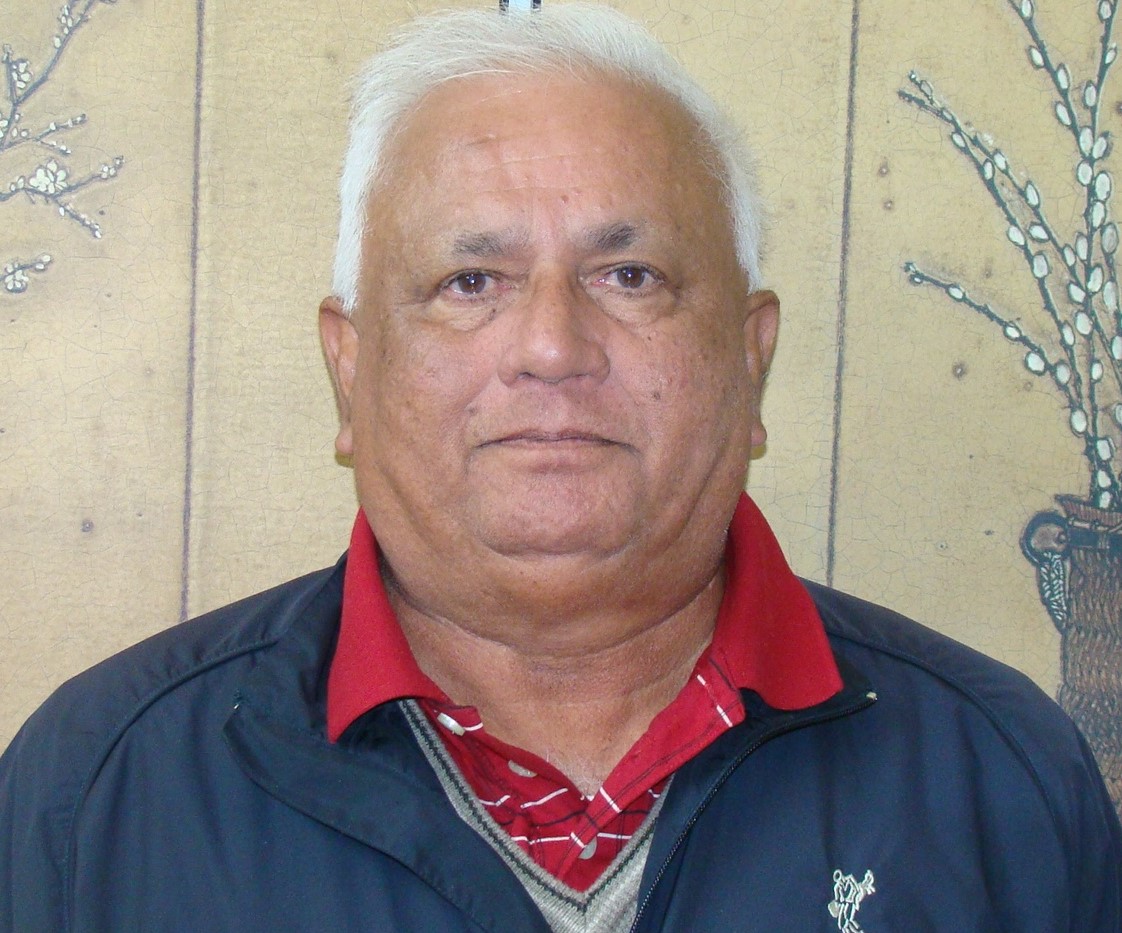The ruling elite's heartless lack of concern for the impoverished is a hazardous course. Aristotle said that "poverty is the parent of revolution and crime," a durable truth that applies to Pakistan. Bad governance, the absence of the rule of law, and misguided priorities are hurting the poorest in society. Frustration, alienation, and desperation are causing social unrest, rising terrorism, and forced emigration.
An elite-dominated and class-riddled system where the impoverished lack political representation and economic power is mostly to blame for extreme poverty and pessimism about the future. The chronically deprived are usually invisible in the public and political discourse except during election season. Significantly, the state has failed to impose a fair taxation system, and many influential taxpayers with access to the power structure avoid paying taxes that could pay for investments in justice, infrastructure, and education.
According to UNDP, poverty and deprivation in Pakistan remain significantly high--around 38% of the population, about 88 million people, live in multidimensional poverty. Multidimensional poverty encompasses not only monetary deprivation but the inaccessibility of healthcare, education, and other amenities, such as clean drinking water, for vulnerable communities across Pakistan.
Interestingly, Pakistan once held the enviable record for the steepest reduction in South Asian extreme poverty. There has been a continuous decline in extreme poverty in Pakistan since 2004/2005. Yet, the last decade has only showcased anti-poverty programs launched by self-promoting politicians that provide short-term relief, but have not dented multidimensional poverty or hunger.
Pakistan has been slow in enhancing human capital development through improved access to healthcare, education, and nutrition (especially for children); developing infrastructure; and advancing the financial sector, all key drivers for poverty reduction and inclusive growth. It is not a surprise that the Global Development Indexes consistently rank Pakistan in the bottom quartile.
The recent economic meltdown has increased the risk that people above the poverty line are vulnerable to dropping back into poverty. Inflation has soared; jobs are scarce, and increases in food and fuel prices due to unanticipated factors like the devastating floods, the war in Ukraine, and stringent IMF loan conditions are causing real pain to the poorest.
Moreover, the Global Hunger Index (GHI) 2022 highlights hunger and undernourishment as significant and persistent problems in Pakistan. These dreadful conditions are bound to be exacerbated by an exploding population unless there is an urgent shift in national priorities from security to welfare.
It is no solace for Pakistan that the GHI denoting severe levels of hunger caused a furor in India because it ranked India behind all its South Asian neighbors, including Pakistan. Indian officialdom saw the GHI rating as a slight on Shining India, flushed with foreign investment and bristling with expensive imported weaponry. Despite tremendous economic growth in the last two decades, undernourishment affects around 16% of India's population, over 200 million, primarily due to widespread poverty.
But, unlike India, there is little room for optimism for Pakistan's impoverished people because of low GDP growth and rising inequality. As government debt piles up, a growing proportion of public resources is needed for debt servicing, leaving little room for poverty reduction and alleviating malnutrition.
According to the WHO, malnutrition costs Pakistan $7.6 billion annually, or around 3% of the country's GDP. Furthermore, poverty levels in Pakistan are so high that the cost of a healthy diet is almost four times what is available. Unsurprisingly, Pakistan is facing a severe problem of child malnutrition, stunting, which affects about 38% of children in Pakistan. Punjab, the largest province by population and highest contributor to the country's GDP, has reported 27% moderately and 10% severely stunted children.
While there is no magic wand for ending poverty, countries like China have successfully reduced poverty by creating broad-based prosperity for their citizens. These countries have progressively increased the economic and social well-being of their citizens. Structural reforms aimed at improving the quality of governance and regulation and controlling corruption are working. And improvement in financial and institutional management has been crucial in promoting inclusive growth and reducing inequalities.
Pakistan has had little success combatting poverty because of the monopoly of power enjoyed by the military and the landed elite. It controls the country's resources and is not interested in structural reforms. For example, Pakistan is mainly an agricultural country; agriculture constitutes 20% of the GDP, employs about 42% of the workforce, and feeds over 60% of the rural population. Yet, agriculture has not provided food security and reduced rural poverty because of unequal land distribution and access to water.
In addition, Pakistan has been slow in enhancing human capital development through improved access to healthcare, education, and nutrition (especially for children); developing infrastructure; and advancing the financial sector, all key drivers for poverty reduction and inclusive growth. It is not a surprise that the Global Development Indexes consistently rank Pakistan in the bottom quartile.
There is a dangerous national security threat when the poor and marginalized are shut out and alienated from society. Providing access to education, healthcare, and employment opportunities to the deprived must be a top national priority. Otherwise, social unrest and rebellion against the state could become an insurmountable challenge.





